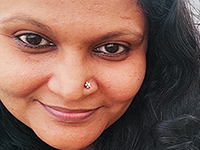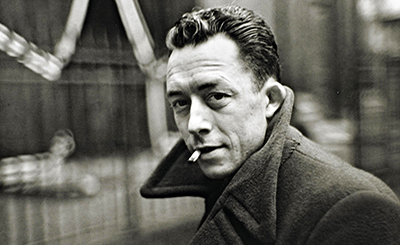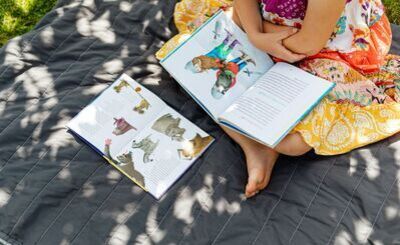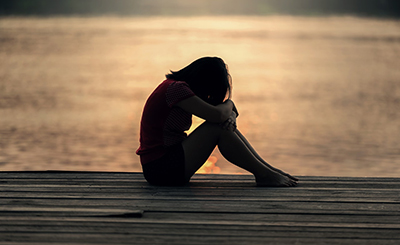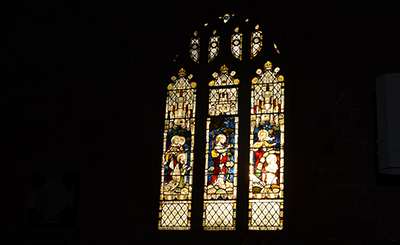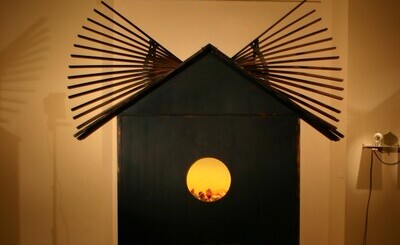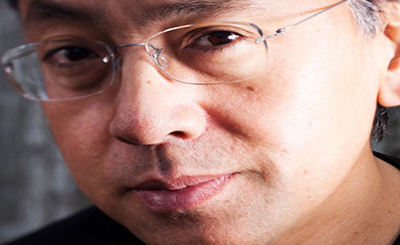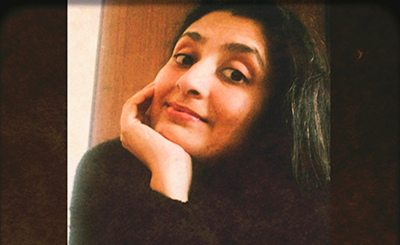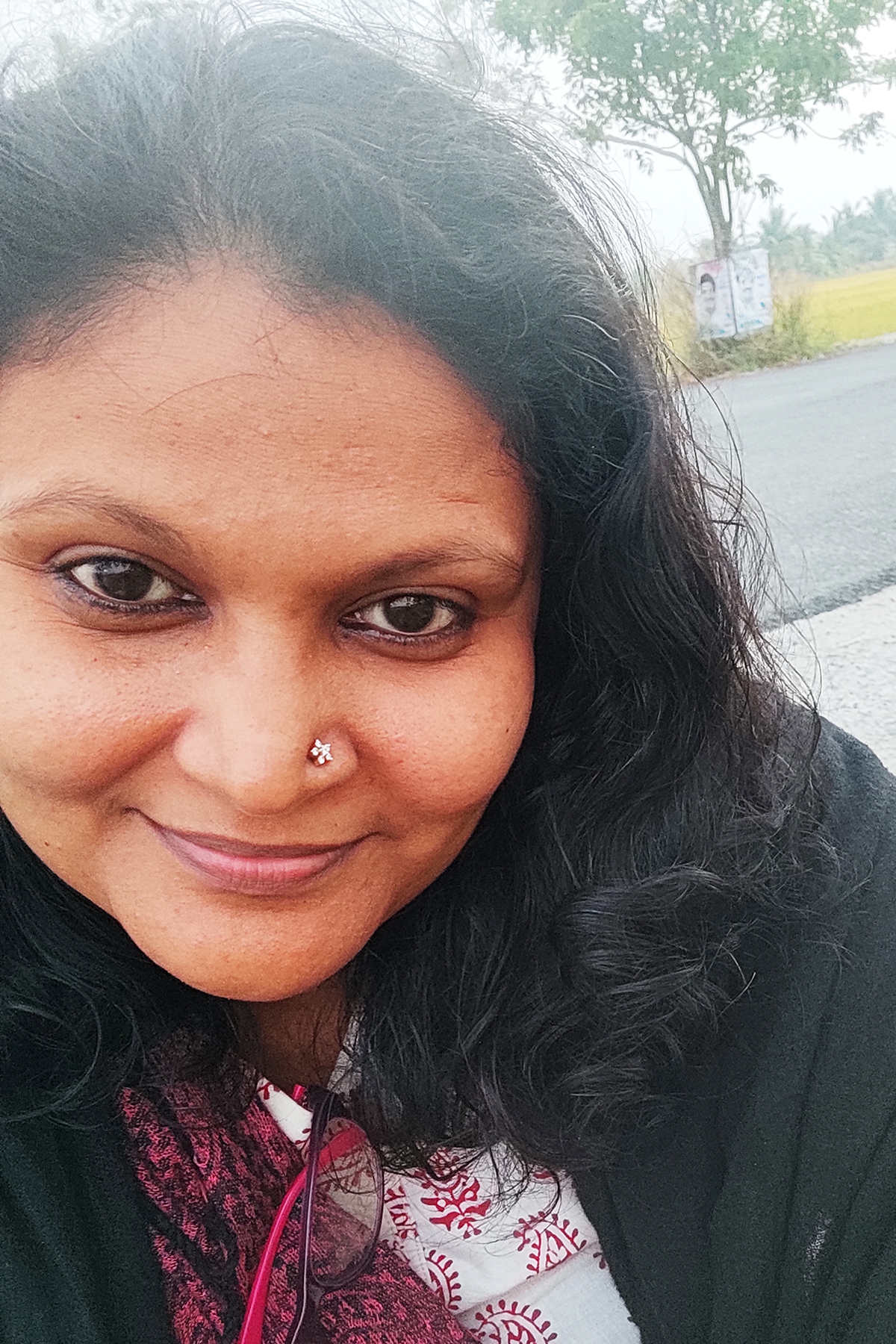
Arathy Asok. Photo courtesy of the poet
Poet’s Note: ‘The spaces that fall between the thought and the lived’
There is a way in which the world can be at our doorstep.
It is the way in which our life and the world mingles in the four walls of a place called home, or the way in which our personal becomes the political or the political becomes an everyday awareness of life lived. My poems have always tried to address the spaces that fall between the thought and the lived, the philosophy and the politics. Such poems and poets have always taken my fancy. A Mary Oliver or a Faiz, a Ramanujan or a Kamala Das, and many more such poets took me to rethink the way I wanted to craft my thoughts.
My biggest knowledge has been that poems are not a parading of coarse emotions; they are not a tool for riding a sudden thought rising from a sensational event. A poem is a deeper thought. It stems from a specialised use of language which tries to navigate the thought, and the deeper engagement with the realities around us.
My poems have tried to stand firm in the soil, knowing and unlearning many privileges. It is not a day’s work. It is a constant reminder of how we realign ourselves, how we humble ourselves before greater struggles than our own.
Only such poetry can speak to the dark times we wade through.
A Woman an Afternoon
A woman sits squatting
behind the yellow bamboo
urinating.
I pretend not to see as I return
the money for her pappad folded in my fist
I see her bloated bladder maneuver her slight body
over the miles she has walked weighing her wares
the cane basket on her head hieroglyphics of tamarind lined roads hollow cheeks
dried up green ponds locusts of dry water lilies eyes
salted fish parched children sitting in two-roomed house rain
yellow stubbles in the field narrow roads evening hungers red betel spittle
sunrises of the dark.
When she recedes the day wanes with her.
Reminiscence
What do we mourn but the impossibility of return?
There is a still tree in the middle of the field if someone cares to look,
a tree twisted and bent, the sun harsh on its bark;
and then a while if you would watch, you could see dried water trickle on its gaunt form,
a long forgotten memory of rain.
Sometimes she stands there to see a cloud pass by and the shadow of something long forgotten
rise like a steam,
rise like a steam,
she again feels the water flow
and a river running its course in the once dried sand.
And We Rise
These people from the dead —
they come and ask me,
don’t you remember us? Don’t You?
And I look at them and think
Wherehowwhywhen.
They see the blankness in my eyes and show me green leaves we left by the river,
the flowers of May.
They show me the stones we collected, those days by the river,
they show me hands that held, soft in the inside, white-pink-black;
they show me what it meant to love, in roads that we left at childhood’s gate,
and the little dogs with eyes of trust.
In my eyes they see the scars, red veined earth,
cracked, burnt, choking in the ribs,
and children alone at the borders of countries with walls;
they see me, a woman standing alone, sand dunes rising, rising sky high and my eye a flutter of
the bird losing its wings.
the bird losing its wings.
And they say- we come to give you water, sister-mother-daughter,
we come to give you water.
They hold out their hands and
it rains in the hills.
(This poem was published in womawords literary press)
Mother Man
“Suck me, suck me there”, he whispers, when my lips touch his nipples;
when I do, on the brown mound of the coin
I feel milk flow white, light, unending.
All the mothers he houses in him — the one who ran her fingers in my hair, the one who wiped
my tears away, the one who held me all through the night (listening to my childhood fears), the
one who talked me through the night, and left her with me when she left that day (in the red
omnibus, state owned),
my tears away, the one who held me all through the night (listening to my childhood fears), the
one who talked me through the night, and left her with me when she left that day (in the red
omnibus, state owned),
all of them come to me in a moment;
and all the lust that was ours is turned to a love, the rawness of the mother to a child,
I lie on his side, his hand on me, as the day I grew in my mother’s womb.
(Published in Lady Jesus and Other Poems, New Delhi, 2018)
The essay and the poems are part of our Poetry Special Issue (January 2021), curated by Shireen Quadri and Nawaid Anjum. © The Punch Magazine. No part of this essay or the new poems exclusively featured here should be reproduced anywhere without the prior permission of The Punch Magazine.
More from The Byword
Comments
*Comments will be moderated



